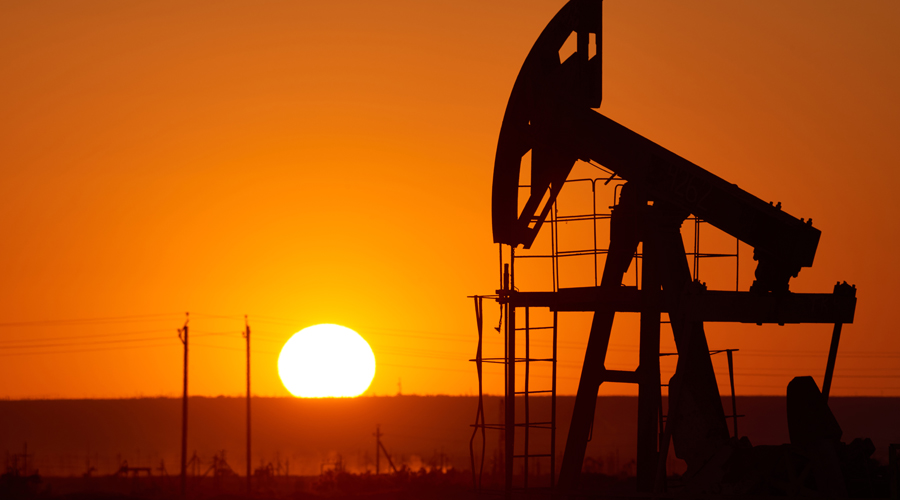Oil prices pressed higher on Monday after strikes on major facilities in Saudi Arabia, the world’s largest exporter, shook energy markets already rattled by a decision by producers last week to not lift output.
Brent crude, the international standard, surpassed $70 per barrel for the first time in over a year, gaining $1.14 to $70.47 a barrel. It had surged $2.62 on Friday. At 11.55 pm on Monday, Brent was trading at $68.06 a barrel.
Benchmark US crude oil added $1.10 to $67.19 per barrel, up 1.7 per cent, falling back from bigger gains earlier in the day. It had jumped $2.26 to $66.09 per barrel on Friday. At 11.55 pm on Monday, WTI was trading at $64.87 a barrel.
Prices have been recovering in the past few months after plunging last year with the onset of the pandemic.
The devastating winter freeze that hit Texas and other parts of the southern United States last month knocked out production of roughly 4 million barrels per day of US oil, pushing prices above $60 a barrel.
Last week, with oil prices rising, some observers were expecting the Opec cartel and its allies to lift more restrictions and let the oil flow more freely. But Opec agreed to leave most restrictions in place, despite growing demand.
The strikes on Saudi sites have increased in frequency and precision in recent weeks, raising concerns about Saudi Arabia’s air defenses and the expanding capabilities of the Iran-backed rebels across the border in Yemen.
A Saudi-led coalition launched an air campaign on war-torn Yemen’s capital and on other provinces on Sunday in retaliation for missile and drone attacks on Saudi Arabia that were claimed by the Iranian-backed rebels.
The official Saudi Press Agency quoted an anonymous official in the ministry of energy as saying that a drone flew in from the sea and struck an oil storage site in Ras Tunura, the port run by Saudi Arabia’s state oil company, Aramco.
It claimed the strike did not cause any damage. Saudi Aramco, the kingdom’s oil giant that now has a sliver of its worth traded publicly on the stock market, did not immediately respond to a request for comment.
The ministry of energy denounced the strike as “an act of sabotage” targeting not only Saudi Arabia “but also the security and stability of energy supplies to the world.”
When key oil facilities in Saudi Arabia were attacked in 2019, global energy prices soared 14 per cent the next day. But that prior attack disrupted more than half of its daily exports, halting 5 per cent of world crude oil output.
Costlier oil pushes energy costs higher. That would add to inflation at a time investors have been focusing on the potential for rising prices to cause central banks to raise interest rates that have been taken to record low levels to support economies battered by the pandemic.
“The last thing anyone wants in a recovering global economy is higher oil prices,” Stephen Innes of Axi said in a report on Monday.











